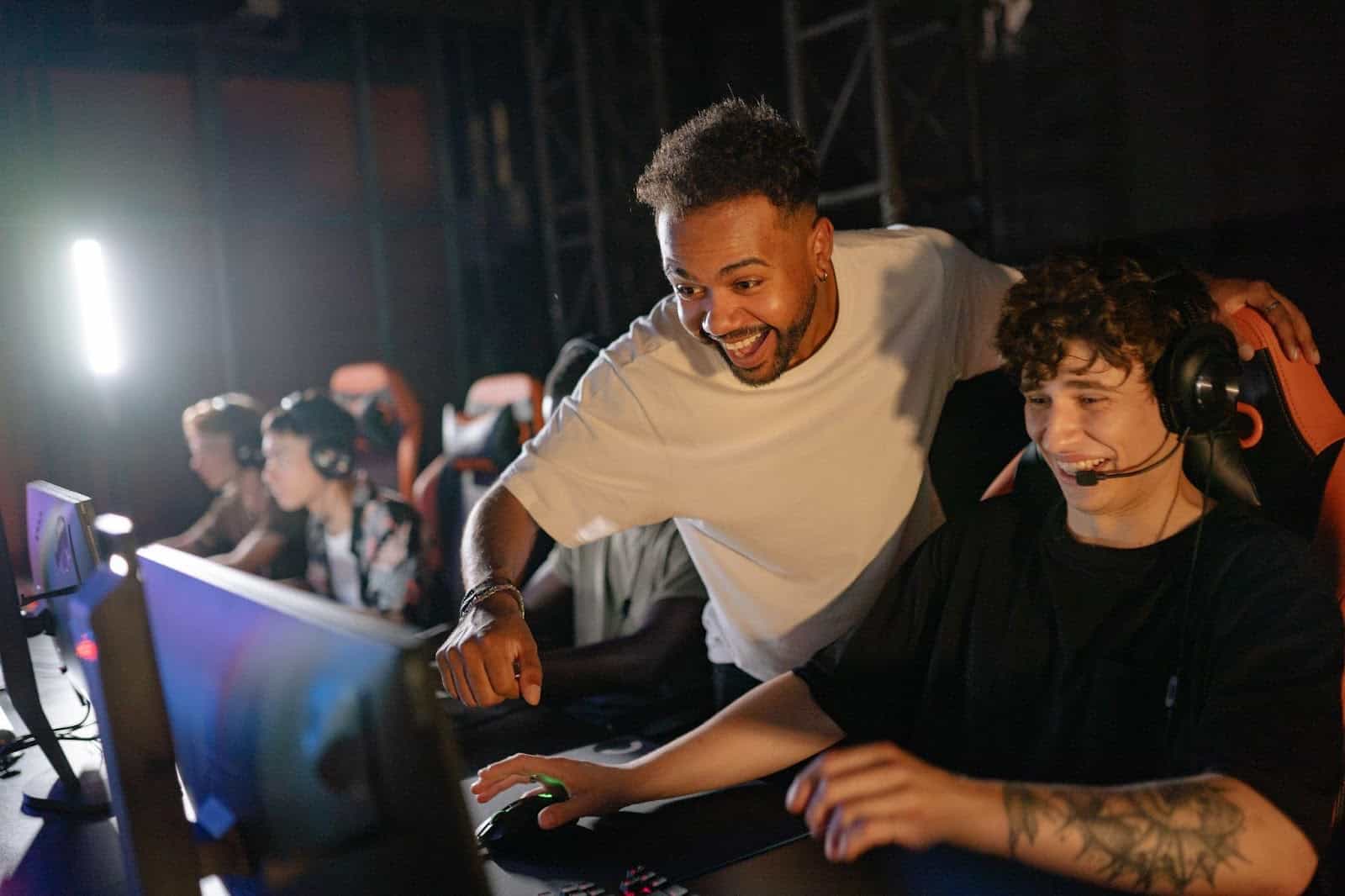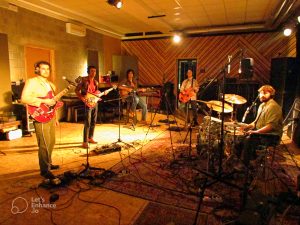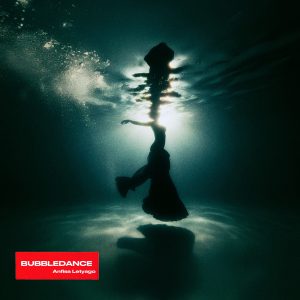Music and gaming have long gone hand in hand. From the 8-bit tunes of Super Mario Bros to the techno scores of games like Dance Dance Revolution, music plays an important role in shaping the gaming experience. But could music help gamers perform better and win more often?
While listening to music can improve focus and concentration for tasks like studying, less is known about how music affects reaction time, coordination, and strategising during competitive online games. Still, there is growing interest in understanding if the right soundtrack could give gamers a competitive advantage. This article will explore the relationship between music and winning in online gaming, providing useful insights for gamers wanting to optimise their musical gaming playlists.
The Psychological Impact of Music on Online Poker Players
Music can significantly increase mood and emotion while playing poker, impacting overall performance. The relationship between music and poker is interesting, as both share a common thread of human psychology.
Although it’s important for poker players to familiarise themselves with the gameplay and universal list of poker hands orders to analyse probabilities and better assess opponents, setting the mood for the game is just as important. Players should compile a list of their favourite music as it can profoundly influence their mindset and performance at the table.
Just as upbeat music can enhance confidence and motivation in gaming, it can also instil a sense of focus and excitement in poker players, encouraging them to make calculated moves and take risks when necessary. On the other hand, softer, more soothing melodies can create a calming ambiance that helps players maintain a clear and strategic mindset.
Instrumental scores also allow poker players to maintain awareness of the music without the lyrics demanding excessive attention. This “just right” amount of musical cognitive load frees up mental resources for optimal focus on the game. The right music can also induce flow states where players experience a sense of control that maximises performance.
The Performance Impact of Music on First-Person Shooter Gamers
Music plays an integral role in shaping immersion within first-person shooter gaming experiences. Musical elements like tempo, instrumentation, and melody unconsciously change players’ moods to maximise immersion into the virtual world. For instance, genres like EDM are effective at keeping gamers in a state of alertness conducive to the fastest reactions. This level of immersion ultimately influences performance by fully engaging FPS gamers’ cognitive and emotional resources.
The Power of Music Playlists
Personalised music playlists tailored specifically for online gaming sessions offer many benefits for optimising performance. Custom soundtracks that feature songs associated with peak gaming experiences activate past win memories that prime gamers psychologically for success.
Different genres also activate distinct moods, arousal levels, and cognitive states. For instance, lyrical genres like hip-hop and rap activate specific moods and memories that shape decision-making during gameplay. On the other hand, electronic genres like EDM and dubstep seem to result in increased physiological arousal and synchronisation with their intense rhythms.
To curate the perfect gaming playlist, first identify the skills and mental states important for winning, such as focus, reflexes, mood, and synchronisation. Consider which musical qualities best activate these, be it tempo or instrumentation. Then, select songs that activate those optimal states from your preferred genres.
Competitive Online Gaming and Music
For many years, music has complemented traditional sporting competitions and events. Iconic tunes become symbolically tied to tournaments, building anticipation and excitement among fans. Similar trends have begun manifesting within esports.
In 2022, for example, the League of Legends World Championship commenced with an elaborate live show featuring Grammy-winning artist Lil Nas X. The musical opening built upon a tradition started by Riot Games of incorporating dazzling, large-scale performances to launch their highly anticipated world championship series.
In addition, many professional gamers and eSports players actively use music to optimise their performance during matches and tournaments. They recognise the potential psychological benefits of the right soundtrack to improve focus, reflexes, synchronisation, and motivation.
Music and Immersion in Virtual Worlds
Music can shape the atmosphere and context of a virtual gaming world, drawing players more fully into that environment. In 2020, for example, Travis Scott held a virtual concert in Fortnite, which over 12 million players viewed.
It was a groundbreaking event, showcasing music’s potential to immerse Fortnite players in a fully interactive music event staged within the game’s environment. This immersion, enabled by strategically chosen music, ultimately influences gaming performance by fully engaging players’ cognitive and emotional capacities in the virtual world.
Music also plays an integral role in conveying the plot, themes, characters, and emotions that comprise any game’s narrative. For instance, musical transitions signal shifts in the narrative and prompt players to re-evaluate their understanding of a game’s plot and events. Ultimately, the soundtrack effectively becomes a non-verbal storyteller that reveals elements of the gaming world and experience through sound alone.
Limitations and Considerations
Despite its many benefits, music in online gaming does have its drawbacks, such as:
- Overly complex music and lyrics can overwhelm players cognitively, undermining their ability to focus on key in-game stimuli and reducing performance.
- Players with different musical tastes, sensitivities, and skill sets may not benefit equally from the same gaming soundtrack.
- Developing and maintaining playlists that consistently optimise performance over time requires considerable effort and experimentation that many players are unwilling or unable to invest in.
While music can enhance immersion and mood, it remains an external stimulus that cannot fully compensate for deficiencies in the game design itself. Ultimately, the music complements but does not substitute for engaging gameplay and storytelling.
Conclusion
Music plays a critical role in the gaming industry; it holds untapped potential for improving focus, arousal, reflexes, and immersion during online gaming. However, the relationship between music and success in online gaming remains highly individualised. Certain genres, tempos, and volumes that optimise performance for some may distract or demotivate others, highlighting the need for personalised experimentation and adaptation.







